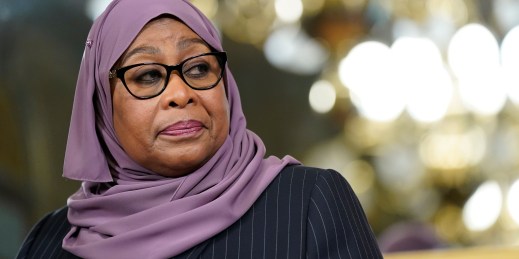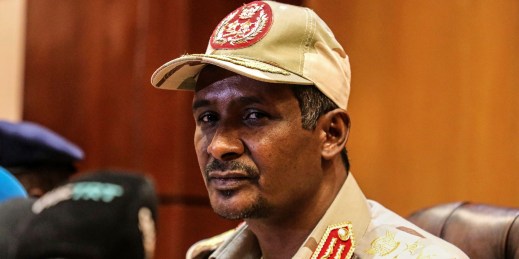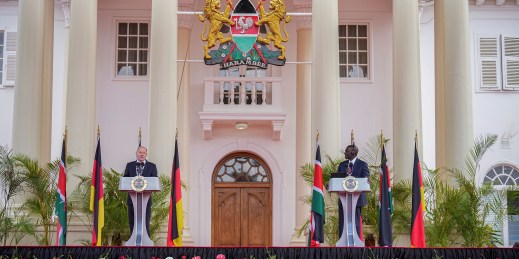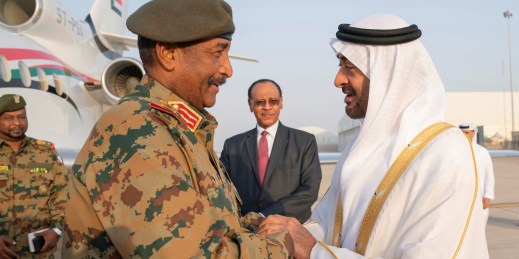
In the two years she has been in power, Tanzanian President Samia Suluhu Hassan has implemented a series of domestic political reforms, while consolidating her power base within the ruling Chama Cha Mapinduzi party. Her reform agenda has been a welcome transformation. But for now, it has yet to be institutionalized.



